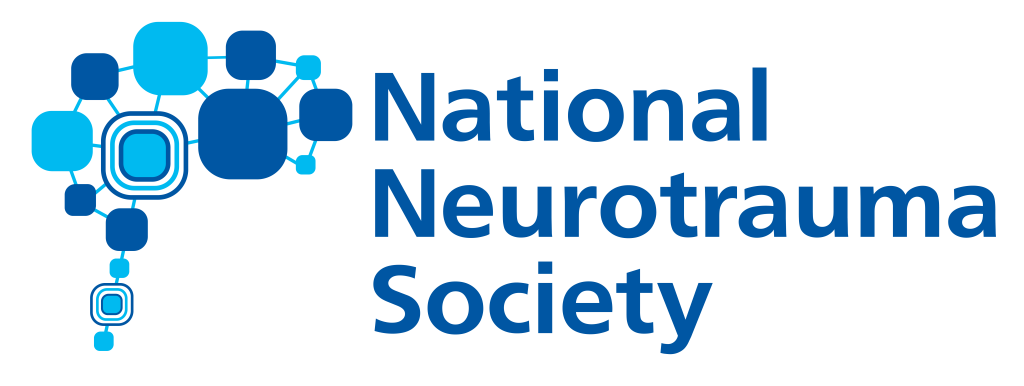AWARDS & GRANTS
Awards & Grants > Society Awards > Dash Prize

DASH PRIZE
Established in 2024 by Dr. Pramod Dash, the award will be bestowed to a nominee that has made a significant scientific advancement within the neurotrauma field through cutting edge research that is paradigm shifting in clinical care or research. Self-nomination is not preferred. Priority topic will alternate yearly between traumatic brain injury and spinal cord injury. Please note the priority topic for 2025 is traumatic brain injury.
PRIORITY TOPIC for 2025: Traumatic brain injury.
PRIORITY TOPIC for 2026: Spinal cord injury.
Award & Recognition
$1,000.00 and glass trophy presented at the annual Symposium.
The winner is invited to deliver an oral presentation describing their research at the 2026 NNS Symposium. A registration fee waiver will be provided.
Application Dates
Application Opens: Applications opening soon!
Application Ends: January 12, 2026
Eligibility
Member or Non-Member of NNS, at any career stage.
How To Apply
1. Letter from a Nominator(s) describing the impact of the nominee’s discovery on the field of neurotrauma.
2. Curriculum Vitae from the nominee (including email, and contact information).
3. A copy of the nominee’s publication which describes the break-through discovery.
NNS recognizes that impact includes, but is not limited to, journal metrics, citations, media coverage, advancement in clinical practice, advancement in scientific techniques, etc. Applicants are encouraged to use these categories as a guide when discussing impact, but they should also feel supported to highlight research impact in their own words and emphasize additional, relevant categories of impact.
Self-nomination is not preferred.
Maximum letter length is 2 pages and should follow NIH formatting guidelines.
Priority topic will alternate yearly between traumatic brain injury and spinal cord injury.
Manuscript published in the last 5 years.
Previous Award Recipients

Andrew A. Pieper, MD, PhD
Dr. Andrew A. Pieper is a Professor in the Departments of Psychiatry, Neurosciences, and Pathology at Case Western Reserve University (CWRU). He holds the distinguished Rebecca E. Barchas M.D., D.L.F.A.P.A., University Professorship in Translational Psychiatry and the University Hospitals Morley-Mather Chair in Neuropsychiatry. Additionally, Dr. Pieper is Director of the Brain Health Medicines Center at the Harrington Discovery Institute of University Hospitals and Associate Director of the CWRU Medical Scientist Training Program.He maintains an active clinical practice through a weeklyGeriatric Psychiatry Outpatient Clinic at the Louis Stokes VA Medical Centerin Cleveland.
Dr. Pieper earned bachelor’s degrees in biology and chemistryfrom Earlham College before completing his M.D. and Ph.D. (Neuroscience) at Johns Hopkins University. Under the mentorship of Solomon H. Snyder, his doctoral research focused on neuronal cell death. He subsequently completed his medical internship and psychiatry residency training at Johns HopkinsHospital, followed by a Biochemistry Fellowship at the University of Texas Southwestern Medical Center (UTSWMC). Prior to his current appointments, Dr. Pieper held faculty positions in Psychiatry and Biochemistry at UTSWMCand served asDirector of Translational Science in the Department of Psychiatry at the University of Iowa Carver College of Medicine.
An elected member of the American Society for Clinical Investigation and the American College of Psychiatrists, Dr. Pieper has garnered significant recognition for his contributions, including the CWRU John S. Diekhoff Award for Distinguished Graduate Student Mentoring. He currently serves as an Associate Editor forNeurotherapeutics.
Dr. Pieper’s research has advanced the understanding of neurodegeneration in traumatic brain injury (TBI) and Alzheimer’s disease, including pivotal insights into their mechanistic interplay. Among his landmark achievements is the first demonstration in preclinical models that chronic neurodegeneration can be halted at late stages post-TBI, with full restoration of neuropsychiatric function – a paradigm-shifting discovery in the field.
VIEW OTHER SOCIETY AWARDS:

RISING STAR
AWARD

MARY ANN LIEBERT INC. AWARD FOR SCIENCE

